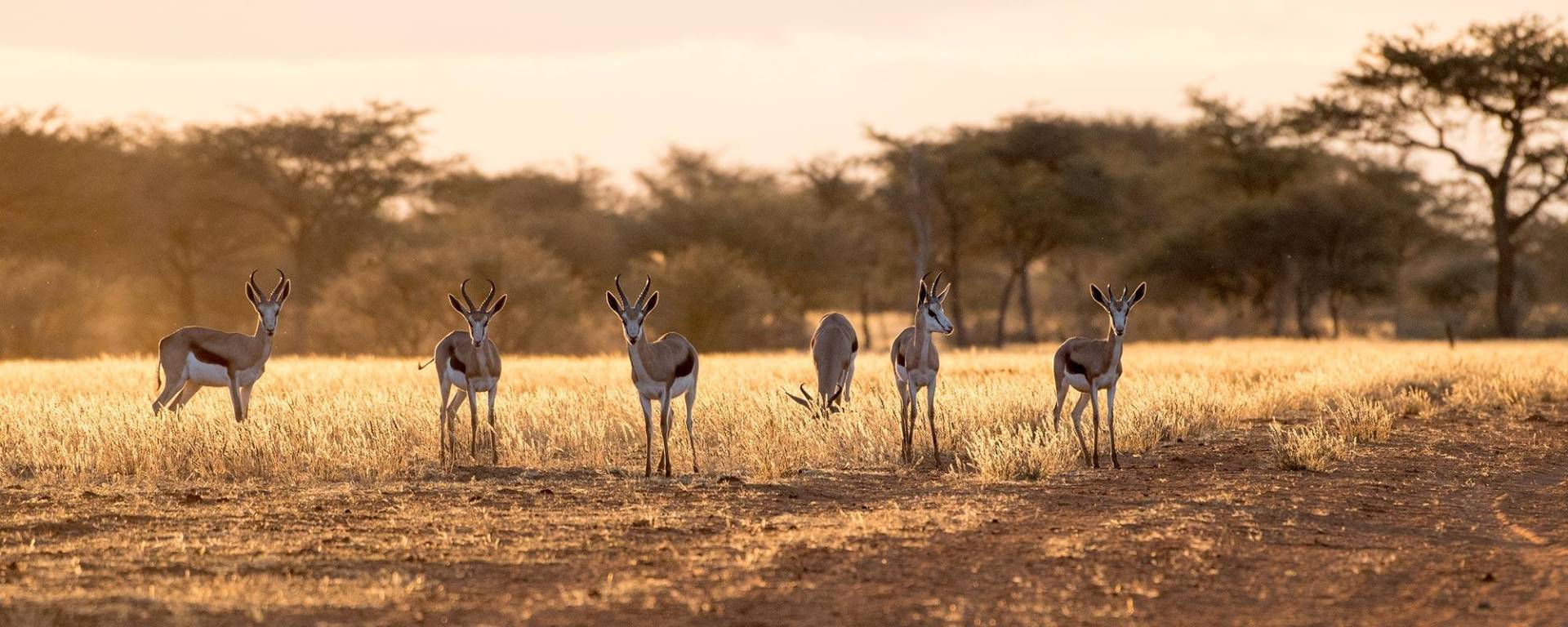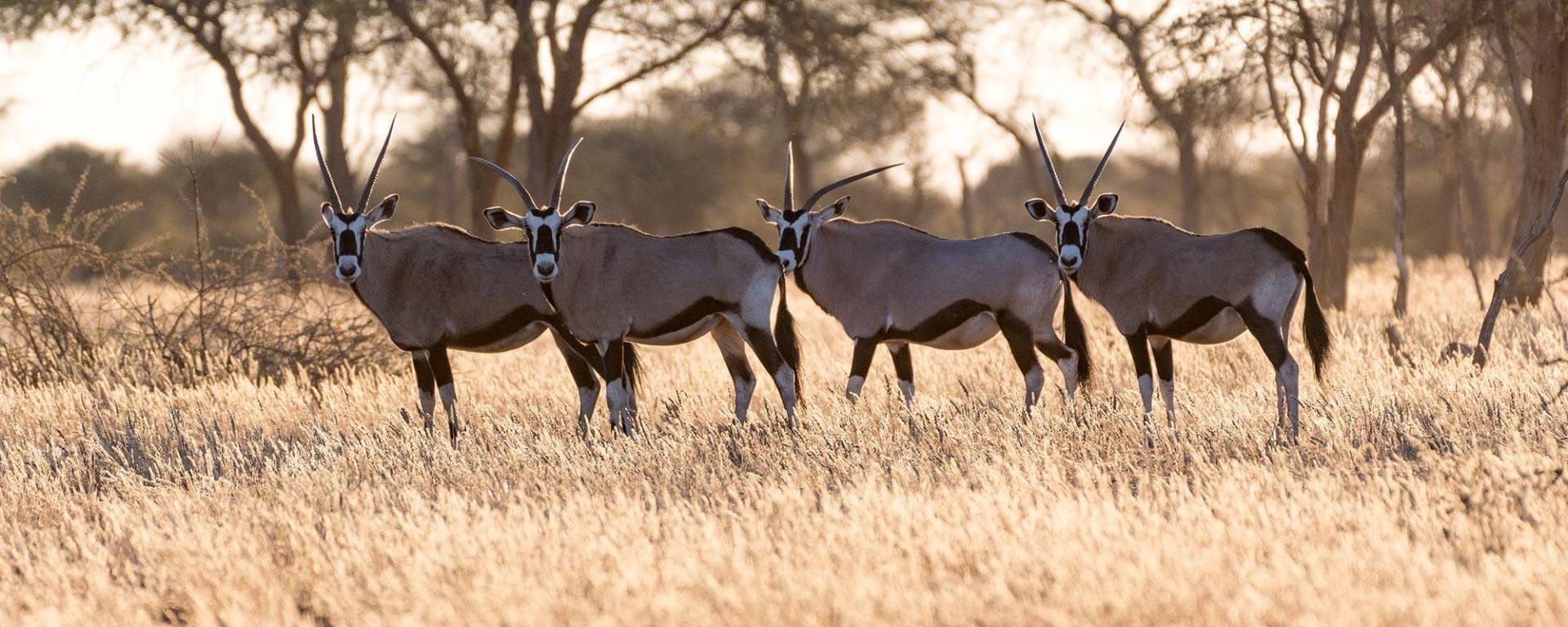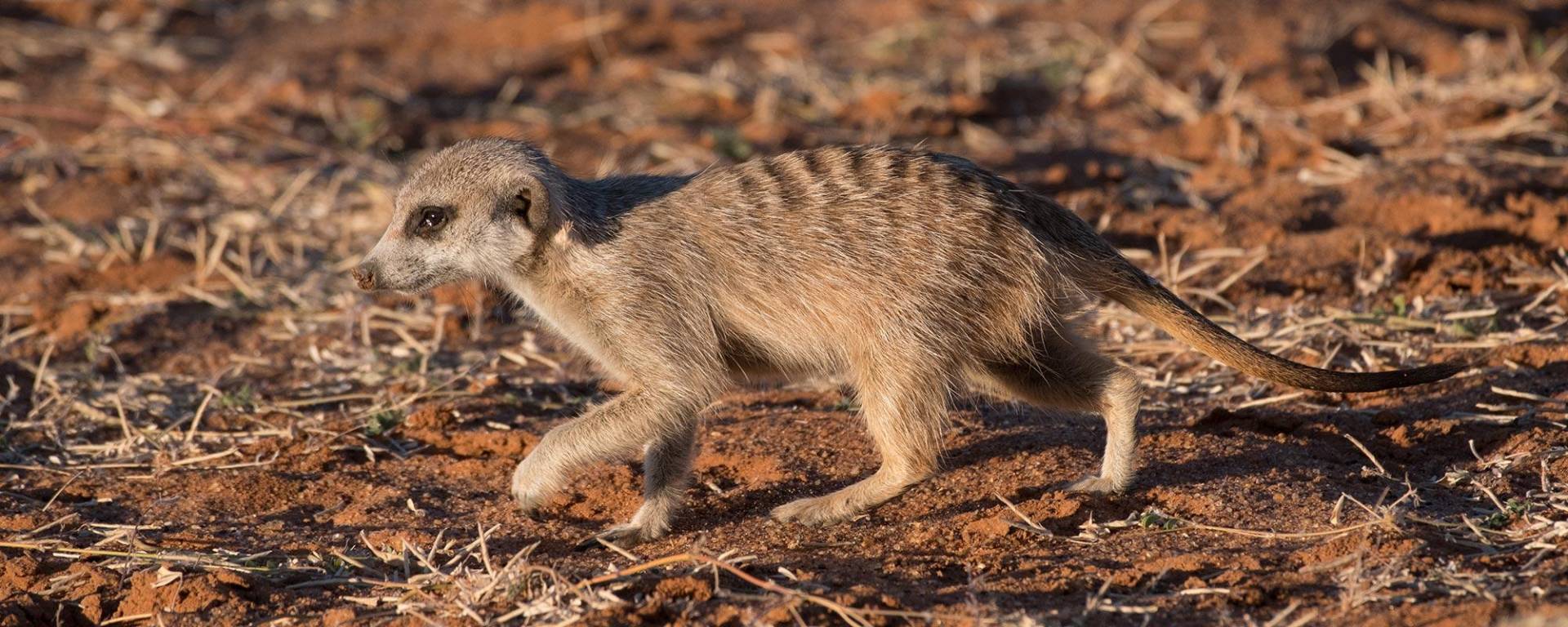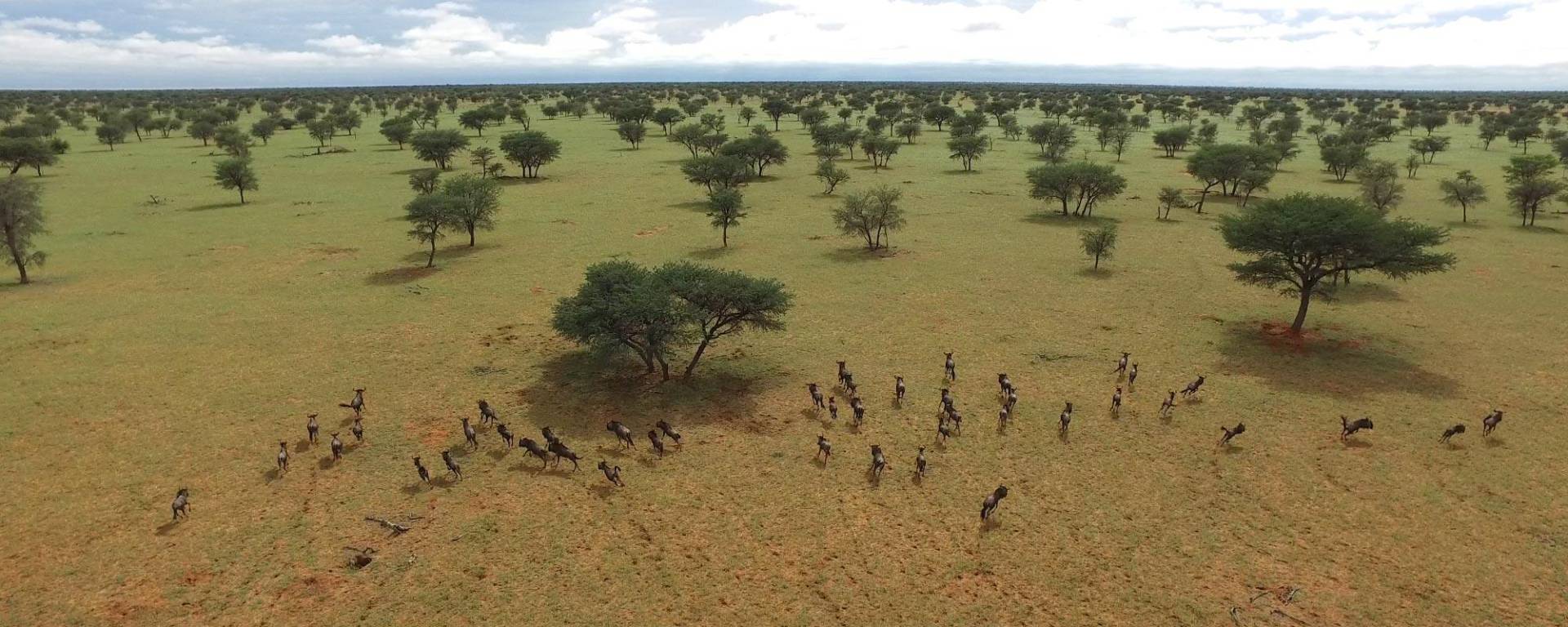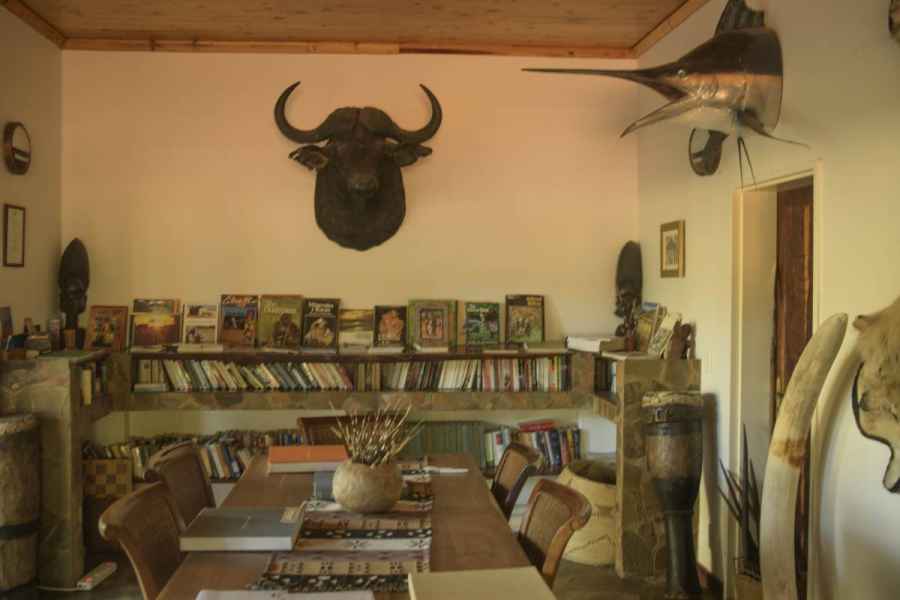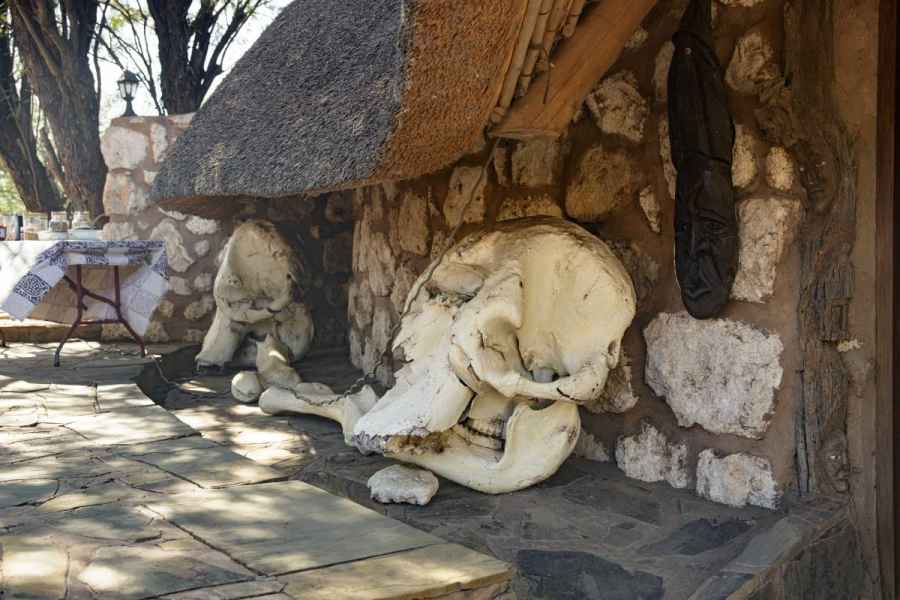Travel information
Driving or flying?
Many families shy away from long flights, as it seems much easier to pack everyone into a car and head to the south somewhere. Travelling by airplane can also be easy. First of all you have the opportunity to fly directly to Windhoek from, for example, Frankfurt (Air Namibia). A flight of 9 hours may not be purest pleasure for parents and children alike, however, compared with driving times to other family destinations (Italy, Greece, Spain…) it is not much of a difference. And there is certainly no danger of getting stuck in a traffic jam in the air.
Guarantee for good weather:
When planning a family holiday, the weather should always be taken into consideration. But can weather be reliably predicted months in advance? The answer is “yes, for Namibia it can be”. The months May to November have a 95 % chance of being dry and sunny. All those who have had to spend rainy days on end locked up in hotel rooms, playing party games, may take heart in this news and happily look forward to their next family holiday in Namibia.
Health:
Here too there is good news. As Namibia has a rather dry, arid climate, many of the feared tropical diseases are not found here. Even malaria is limited to the northern regions, and even there it is strongly dependant on the season and area. Additional vaccinations against strange viruses and infections are not necessary. Should the need for a doctor arise nonetheless, medical care is absolutely up to European standards.
Infrastructure:
Most of the road network in Namibia consists of gravel roads, but they are also perfectly drivable for smaller cars and allow for a relatively fast travelling. This may not be the case in the rainy season (December – May) where torrential floods soak the roads and turn them into off-road tracks. A note might be added here that most accidents are not caused by other drivers but by cars travelling too fast.
Food & Drink:
Ground water here in Namibia is excellent, as no fertilizers or pesticides are used in the agricultural sector. Lack of industry means that there are no poisonous chemicals dumped in the water. As most guest farms and lodges draw their water from own boreholes, it can be drunk straight from the faucet without much concern. This cannot be taken for granted in many other countries in Africa, Asia, or even Europe.
Safety:
Compared to the rest of Africa, Namibia has turned out to be a model student. Civil wars, chaos, exponentially rising crime rates – these words are definitely not heard in connection with Namibia. In other words: One can travel Namibia safely and incidents, which occur once in a while, can be seen as the exception to the rule.



